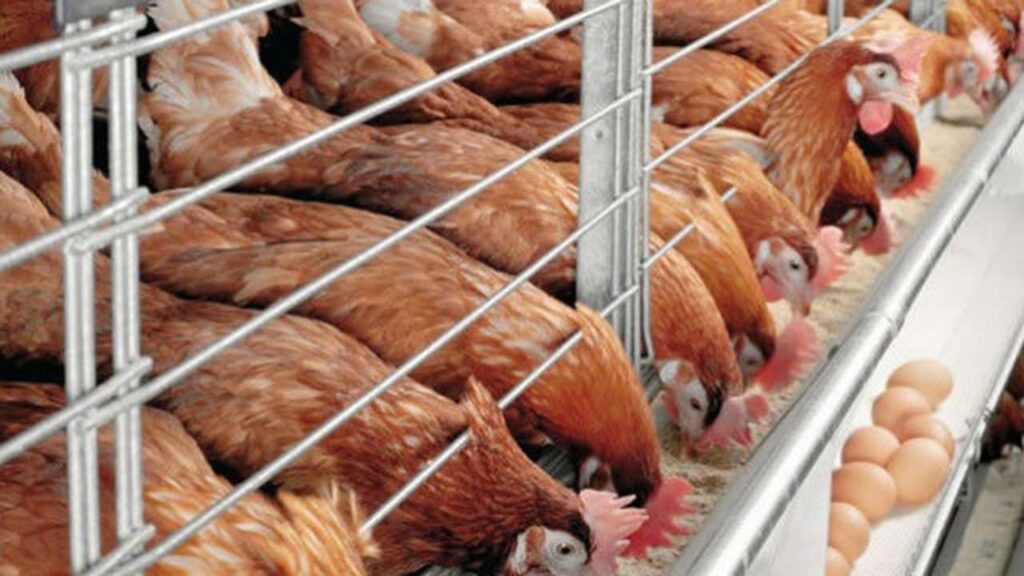
Farmers under the aegis of the Poultry Association of Nigeria (PAN) have raised the alarm that farmers in the country will lose about five million jobs if urgent steps are not taken to rescue the sector.
General Secretary of the association in the Southwest, Dr. Olalekan Odunsi, stated this yesterday, during a media briefing at the Nigeria Union of Journalists (NUJ) Press Centre in Ibadan, Oyo State.
Chairmen who attended the briefing are, Godwin Egbebe (Lagos), Bisi Babalola (Ekiti), Hemi Olukiran (Osun), Damian Ogunbo, (Ondo), Mrs. Blessing Alawode (Ogun), Gbemisoye Agboola (Oyo) and Ojo Akinwunmi (Kwara).
Odunsi maintained that if urgent steps were not taken to nip in the bud the lingering crisis of grain, especially maize and soya beans in the bud, no fewer than five million of its members would soon lose their jobs, adding that the development could cause serious hunger in the country.
While calling on President Muhammadu Buhari and Southwest governors to salvage the industry from imminent collapse, he charged the Federal Government to approve the importation of Animal Feeds Grade of Maize to sustain the over 50 million layers, 100 million broilers, one million breeders, and other classes of poultry until the next harvest season.
Odunsi urged the government to ban export of Soya beans seed and processed meal in the interim, adding: “The poultry industry in the Southwest has been growing consistently for over six decades to a population of 30 million, or 60 per cent of the National Poultry Population (NPP).
“In investment, the sector is worth over N2 trillion. In job creation, it employs over 10 million people directly and indirectly using its value chain from farm to field. The sector is almost 100 per cent private-driven.”
He maintained that if urgent attention was not paid to the lingering crisis of grains, especially maize and soya, the industry with such an enviable statistics might suffer total collapse.
Odunsi further explained that due to inadequate supply against the huge demand in the poultry sector and other users, the price of maize rose from N10, 500 to N16, 500 around July last year.
“In the midst of the hike in price, the Central Bank of Nigeria (CBN) announced a ban on forex for the importation of maize, which further drove the price to as high as N18, 500.”
“A major reason for the ban was to encourage local production. Yet the scarcity and increase in prices of soya beans and maize threaten an additional five million jobs in the short-term except government intervenes.
“Presently, egg is going out of the reach of an average family with ideal price at N1, 300 per crate, but the farm price is still at between N1,000 and N1,100, which will force farmers to close down,” he added.













